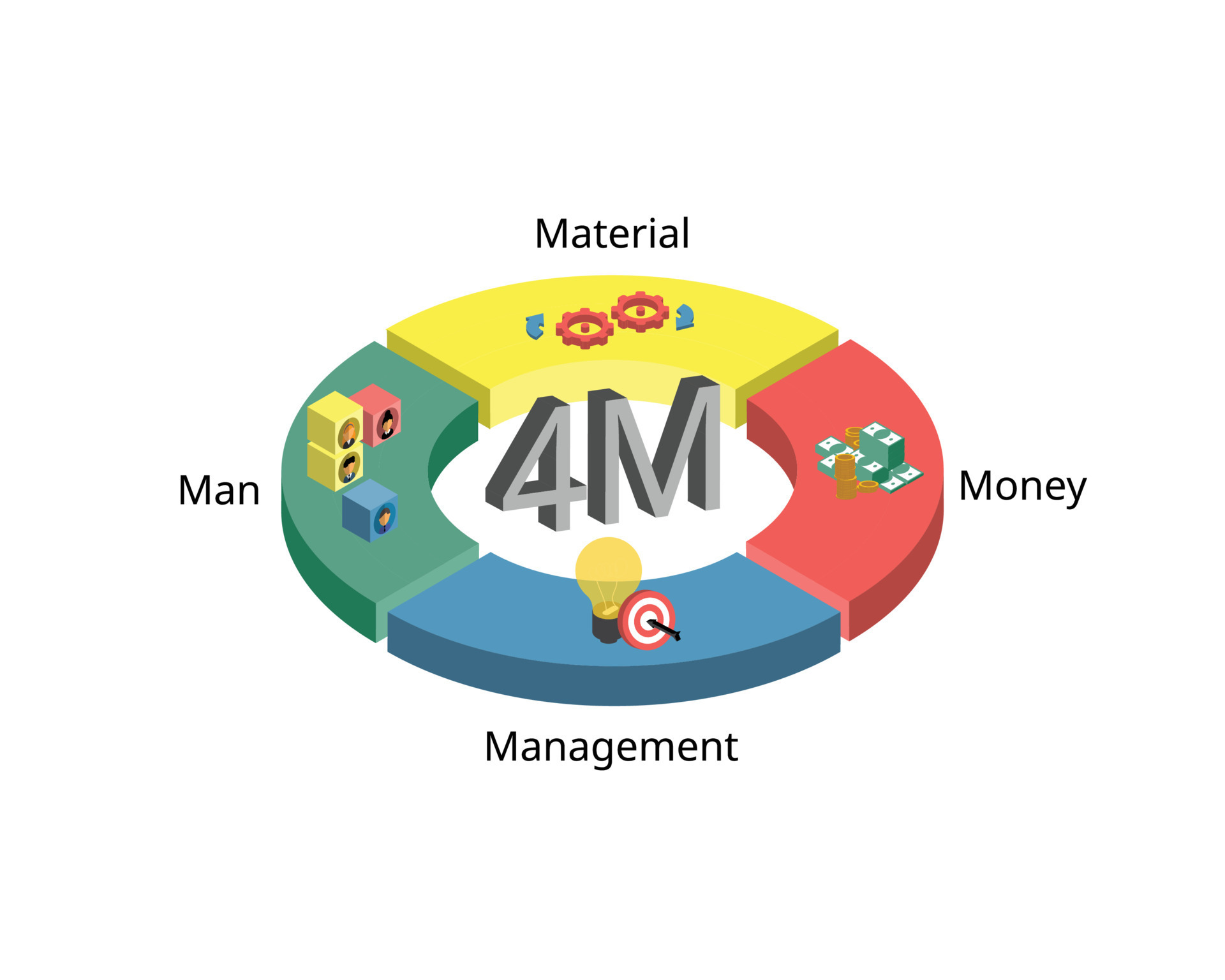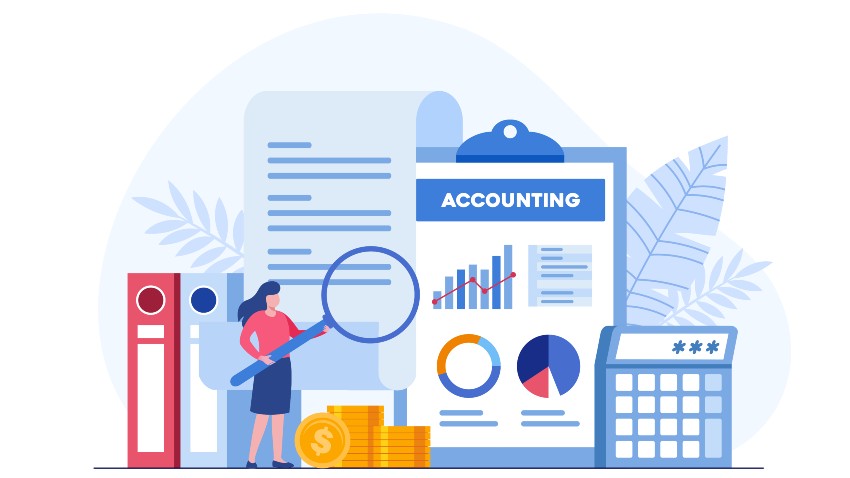Find a Financial Advisor in Your Area sets the stage for this enthralling narrative, offering readers a glimpse into a story that is rich in detail and brimming with originality from the outset. Navigating the complex world of personal finances can be daunting, and seeking expert guidance from a qualified financial advisor can be the key to achieving your financial goals.
Whether you’re planning for retirement, investing for the future, or simply seeking to get your finances in order, a financial advisor can provide invaluable insights and strategies to help you make informed decisions and secure your financial future.
The importance of financial advice cannot be overstated. A financial advisor can help you create a personalized plan that aligns with your individual needs and goals. From investment planning and retirement savings to estate planning and tax optimization, they can provide expert guidance and support throughout your financial journey.
By working with a financial advisor, you gain access to their knowledge, experience, and objective perspective, allowing you to make informed decisions and avoid costly mistakes.
The Importance of Financial Advice
Navigating the complex world of personal finances can be daunting, and seeking professional guidance from a financial advisor can make a significant difference in achieving your financial goals. A financial advisor provides expert insights and tailored strategies to help individuals and families manage their finances effectively and secure their future.
Finding a financial advisor who understands your unique needs, like those of a military member, is crucial. Many advisors specialize in working with those who serve, and they can provide tailored advice on everything from retirement planning to asset management.
For example, they can help you navigate the specific challenges of securing the right boat insurance, like the Boat Insurance Quote USAA: A Guide for Military Members , which offers specialized coverage for active-duty personnel. A good advisor can help you make informed financial decisions that align with your military career and personal goals.
Benefits of Working with a Financial Advisor
Financial advisors bring a wealth of knowledge and experience to the table, offering valuable services that can significantly benefit individuals and families. They provide personalized guidance, helping clients make informed decisions about their finances.
- Objective Perspective:Financial advisors offer an objective perspective, helping clients avoid emotional decision-making that can lead to costly mistakes. They analyze your financial situation and provide unbiased recommendations based on your individual needs and goals.
- Expertise and Knowledge:Financial advisors possess specialized knowledge in various areas of finance, including investment strategies, retirement planning, estate planning, and tax planning. They stay updated on market trends and regulatory changes, ensuring you receive the most relevant and up-to-date advice.
- Time Savings:Managing finances can be time-consuming, especially for individuals with busy schedules. Financial advisors handle the complex tasks of research, analysis, and portfolio management, freeing up your time to focus on other priorities.
- Accountability and Support:Financial advisors provide accountability, helping you stay on track with your financial goals. They offer ongoing support and guidance, ensuring you make consistent progress towards your objectives.
Types of Financial Advice
Financial advisors offer a range of services tailored to meet the diverse needs of their clients. These services can include:
- Investment Planning:Financial advisors assist in developing and implementing investment strategies aligned with your risk tolerance, time horizon, and financial goals. They help you choose the right investment vehicles, such as stocks, bonds, mutual funds, and real estate, to build a diversified portfolio.
Finding a financial advisor in your area can help you navigate a variety of financial decisions, including protecting your biggest asset: your home. When it comes to securing the right coverage, understanding your options is crucial, and Rhode Island Home Insurance Quotes: A Guide for Homeowners provides valuable insights.
A financial advisor can help you assess your insurance needs and ensure you have the right coverage in place, giving you peace of mind and financial stability.
- Retirement Planning:Financial advisors guide you in planning for your retirement years, ensuring you have sufficient funds to meet your needs and maintain your desired lifestyle. They help you determine your retirement income goals, calculate savings requirements, and choose appropriate retirement savings plans, such as 401(k)s and IRAs.
- Estate Planning:Financial advisors assist in creating an estate plan that protects your assets and ensures your wishes are carried out after your passing. They help you develop wills, trusts, and other legal documents to distribute your wealth according to your preferences.
- Tax Planning:Financial advisors help you minimize your tax liability by exploring tax-efficient strategies. They provide guidance on deductions, credits, and other tax planning opportunities to maximize your after-tax income.
Common Financial Challenges and Solutions
Individuals often face various financial challenges that can impact their overall well-being. Financial advisors can help overcome these obstacles by providing expert guidance and tailored solutions.
- Debt Management:High levels of debt can create financial stress and limit your ability to achieve your goals. Financial advisors can help you develop a debt management plan, prioritize debt repayment, and explore options like debt consolidation or bankruptcy.
- Saving for Major Expenses:Saving for major expenses, such as a down payment on a house or a child’s education, can be challenging. Financial advisors can help you set realistic savings goals, develop a budget, and create a plan to reach your financial objectives.
- Investment Decisions:Making investment decisions can be overwhelming, especially for novice investors. Financial advisors provide guidance on asset allocation, risk management, and investment strategies to help you build a portfolio that aligns with your goals and risk tolerance.
- Retirement Planning:Ensuring a comfortable retirement requires careful planning and financial management. Financial advisors help you determine your retirement income needs, calculate savings requirements, and choose appropriate retirement savings plans.
Finding the Right Financial Advisor

Finding the right financial advisor is a crucial step in achieving your financial goals. It’s about building a long-term relationship with a professional who understands your needs and helps you make informed decisions.
Factors to Consider When Choosing a Financial Advisor
Before you begin your search, it’s important to consider your financial situation, goals, and risk tolerance.
- Your Financial Situation:Assess your income, expenses, assets, and debts. This will help you determine the type of financial advice you need.
- Your Financial Goals:Define your short-term and long-term goals, such as saving for retirement, buying a home, or paying off debt. This will help you prioritize your financial needs.
- Your Risk Tolerance:Determine your comfort level with investment risk. Are you willing to take on more risk for the potential of higher returns, or do you prefer a more conservative approach?
Identifying Qualified and Reputable Advisors
Once you have a clear understanding of your financial situation, goals, and risk tolerance, you can start identifying qualified and reputable advisors.
- Credentials:Look for advisors with relevant credentials, such as a Certified Financial Planner (CFP®) designation. CFP® professionals have met rigorous education and experience requirements and must adhere to a strict code of ethics.
- Experience:Consider the advisor’s experience in your specific area of need. For example, if you’re looking for retirement planning advice, you’ll want to find an advisor with experience in that field.
- Client Testimonials:Read reviews and testimonials from previous clients to get an idea of the advisor’s track record and client satisfaction.
- Fees:Understand how the advisor charges for their services. Fees can be based on a flat fee, an hourly rate, or a percentage of assets under management.
Comparing Different Types of Financial Advisors
There are different types of financial advisors, each with their own qualifications, services, and fee structures.
| Type of Advisor | Qualifications | Services Offered | Fee Structure |
|---|---|---|---|
| Certified Financial Planner (CFP®) | Must pass a rigorous exam, have at least three years of experience, and adhere to a strict code of ethics. | Comprehensive financial planning, including investment management, retirement planning, and estate planning. | Flat fee, hourly rate, or percentage of assets under management. |
| Registered Investment Advisor (RIA) | Must register with the Securities and Exchange Commission (SEC) or a state regulator. | Investment management and advice, often with a focus on long-term investing. | Fee-only or commission-based. |
| Broker | Licensed to buy and sell securities on behalf of clients. | Investment transactions, including buying and selling stocks, bonds, and mutual funds. | Commissions on transactions. |
The Advisor-Client Relationship

A strong relationship between you and your financial advisor is crucial for achieving your financial goals. This relationship should be built on trust, open communication, and shared goals. It’s more than just a transactional relationship; it’s a partnership where you work together to navigate your financial future.
Building Trust and Communication
A successful advisor-client relationship is founded on trust and open communication. You need to feel comfortable sharing your financial information and personal goals with your advisor. In return, your advisor should be transparent about their fees, investment strategies, and any potential conflicts of interest.
Regular meetings and consistent communication are key to maintaining this trust and ensuring that your advisor understands your evolving needs and priorities.
Key Aspects of a Successful Relationship
- Regular Meetings:Schedule regular meetings with your advisor, whether in person or virtually, to review your progress, discuss any changes in your financial situation, and adjust your plan as needed. These meetings should be more than just a check-in; they should be an opportunity for you to ask questions, share concerns, and ensure you’re on track to reach your goals.
- Open Communication:Maintain open communication with your advisor throughout the year. Don’t hesitate to reach out if you have questions, concerns, or simply want to discuss your financial outlook. Your advisor should be readily available to answer your questions and provide guidance.
Finding a financial advisor in your area can be a daunting task, but it’s essential for managing your finances effectively. One key aspect of financial planning is ensuring adequate insurance coverage, and for those who qualify, USAA offers a range of insurance products.
You can learn more about getting a USAA insurance quote by checking out Get a USAA Insurance Quote: A Comprehensive Guide , which can help you make informed decisions about your insurance needs and potentially save money. Once you’ve addressed your insurance needs, you can then focus on other aspects of financial planning with your chosen advisor.
- Ongoing Evaluation:Regularly evaluate your advisor’s performance and the effectiveness of their strategies. This can involve reviewing your portfolio, discussing your progress toward your goals, and considering whether your advisor’s services still meet your needs. If you’re not satisfied with your advisor’s performance or approach, don’t be afraid to switch to another advisor who better aligns with your values and objectives.
Questions to Ask Potential Advisors
Before you commit to working with a financial advisor, it’s essential to ask questions to ensure they are a good fit for you. Here are some key questions to consider:
- What are your qualifications and experience?This will help you understand their expertise and whether they have a proven track record of success.
- What is your investment philosophy?This will give you insight into their approach to managing investments and whether it aligns with your risk tolerance and goals.
- What are your fees?It’s important to understand how you will be charged for their services, including any commissions or asset-based fees.
- How often will we meet?This will help you determine if their communication style and frequency of meetings suit your needs.
- How do you handle conflicts of interest?It’s important to understand how they manage any potential conflicts that may arise between their own interests and yours.
- Can you provide references from past clients?Talking to other clients can give you valuable insights into their experience working with the advisor.
Resources for Finding Financial Advisors
Navigating the world of financial advisors can feel overwhelming, but there are numerous resources available to help you find the right fit. Whether you prefer online platforms, referrals, or a combination of both, these resources can guide you towards a qualified advisor who aligns with your financial goals.
Online Platforms and Directories
Online platforms and directories have revolutionized the way individuals connect with financial advisors. These platforms provide comprehensive databases of advisors, allowing you to filter by location, specialization, and other criteria.
- Financial Industry Regulatory Authority (FINRA) BrokerCheck: This free online database allows you to check the background and regulatory history of financial advisors. It provides information on their licenses, registrations, and any disciplinary actions taken against them.
- The Certified Financial Planner Board of Standards (CFP Board): The CFP Board maintains a directory of certified financial planners, offering information on their qualifications, experience, and areas of expertise.
- Garrett Planning Network: This platform connects individuals with fee-only financial advisors, who charge hourly fees rather than commissions. This can be beneficial for those seeking transparent and unbiased advice.
- XY Planning Network: XY Planning Network focuses on connecting individuals with fee-only financial advisors who specialize in serving younger generations and those with smaller portfolios.
- NerdWallet: NerdWallet offers a comprehensive platform for researching and comparing financial advisors, including reviews and ratings from other users.
- SmartAsset: SmartAsset provides a free tool to connect with financial advisors in your area based on your specific needs and preferences.
Using Online Search Engines, Find a Financial Advisor in Your Area
Leveraging online search engines like Google can be an effective way to find financial advisors in your area.
- Targeted s: When searching for financial advisors, use specific s that reflect your needs, such as “financial advisor for retirement planning,” “estate planning attorney,” or “investment advisor for young professionals.”
- Location-Based Search: Include your city or zip code in your search to narrow down the results to advisors in your local area.
- Website Reviews: Once you’ve identified potential advisors, visit their websites to learn more about their services, experience, and client testimonials.
Referrals from Friends, Family, and Professional Networks
Referrals from trusted sources can be invaluable when seeking a financial advisor.
- Personal Network: Talk to friends, family, and colleagues who have worked with financial advisors in the past. Their insights and recommendations can provide valuable information about advisors in your area.
- Professional Networks: Reach out to professionals in your industry or field who may have connections with financial advisors.
- Industry Associations: Contact local chapters of industry associations, such as the Financial Planning Association (FPA) or the National Association of Personal Financial Advisors (NAPFA), for referrals to qualified advisors in your area.
Outcome Summary: Find A Financial Advisor In Your Area

Finding the right financial advisor is a crucial step in your financial journey. By carefully considering your needs, researching potential advisors, and establishing a strong relationship based on trust and communication, you can empower yourself to achieve your financial goals.
Remember, seeking professional advice is an investment in your future, and the benefits of working with a qualified financial advisor can far outweigh the costs.




